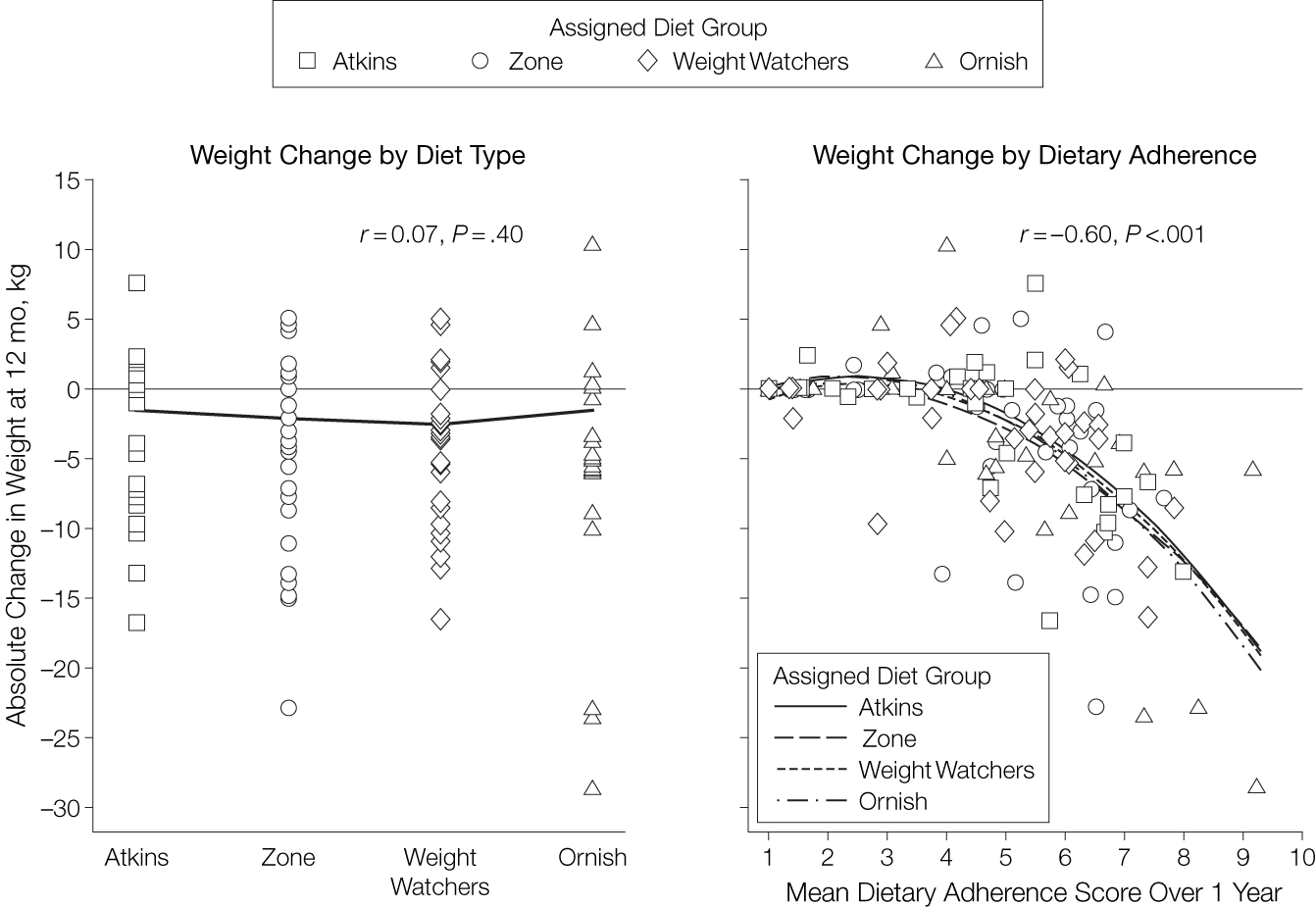As seen in our course on plant-based diets. And this dieting guide for vegetarian and vegan athletes. Check them out for even more information!
Plant-based diets are dietary approaches that rely mostly or entirely on plant-based foods. These diets often consist of minimally processed fruits, vegetables, whole grains, legumes, nuts and seeds, herbs, and spices and excludes all animal products, including red meat, poultry, fish, eggs, and dairy products.
These diets can span a broad spectrum of how reliant they are on plant-based foods. For example, on one end of the spectrum, there is a vegan diet that relies only on plant-based foods and does not allow any animal food or animal by-products.
On the other end of the spectrum, there is a semi-vegetarian diet that relies heavily on plant-based foods but does allow for occasional meat consumption.
There are several reasons people may adopt a plant-based diet, one of the main reasons being that plant-based diets are often used for weight loss and weight maintenance.
An Overview of the Science for Plant-Based Diets and weight loss
There has been a relatively substantial amount of research on plant-based diets and how they affect human health. These studies have examined everything from cancer to heart disease to diabetes and weight loss. Two significant forms of research are conducted when we look at how plant-based diets affect weight loss, observational, and intervention. Both are important for understanding how plant-based diets affect weight loss.
Observational Research on plant based diets
Observational research on plant-based diets is research that looks at what patterns emerge. In the case of plant-based diets, observational research looks at what patterns emerge among people who consume plant-based diets.
When we consider the observational research surrounding plant-based diets, there are a few patterns that we see develop as it relates to weight loss and/or body-weight.
3 Key data points:
(1) The first is that, in general, people who follow a plant-based diet tend to have a lower body weight than people who do not follow a plant-based diet.
(2) Another piece of data from observational studies is that individuals who adopt a plant-based diet also tend to gain less weight over time than individuals who do not follow a plant-based diet (1).
(3) Additionally, at least one study has shown that, among women, those who follow a plant-based diet have about a 50% lower likelihood of being overweight or obese compared to individuals who do not follow a plant-based diet (2)
While these studies are not the only ones conducted, they are reflective of the larger body of literature. The main takeaway from the observational studies is that plant-based diets are associated with lower body weights. (3)
intervention research in the context of plant-based diets
In the context of plant-based diets and weight loss, intervention research looks at whether or not adopting a plant-based diet can lead to weight loss, and if it does, how it may lead to weight loss. These interventional studies are usually conducted in the form of randomized trials.
There are dozens of randomized trials examining how plant-based diets affect weight loss that can help answer this question. One study had people switch from a normal way of eating to a plant-based diet and tracked their results for 18 weeks. In this study, the people who switched to a plant-based diet lost 5 pounds more than people who did not change their diet(4).
Other studies have found similar results, wherein adopting an energy-restricted, plant-based diet for nine weeks resulted in 10 pounds more weight loss than in the control group (4,5).
Meta-Analytic research on plant-based diets
In addition to just looking at individual intervention studies, there is also a form of research that allows you to examine multiple intervention trials at once and look to see if results hold up across numerous trials.
This type of research is referred to as meta-analytic research. Many meta-analyses have been conducted, and they also support the idea that adopting plant-based diets can lead to weight loss.
For example, one meta-analysis demonstrated that a plant-based diet could lead to 3-5 kg (~6-12) pounds of weight loss (6).
Why Do Plant-Based Diets Result in Weight Loss?
Looking at observational, interventional, and meta-analytic research, it appears that plant-based diets are effective tools for losing body weight and maintaining lower body weight. But how exactly do they work? The main reason seems to be that plant-based diets are often based on how they alter caloric intake.
Generally speaking, vegan diets are associated with a lower calorie intake than other forms of plant-based diets, resulting in more significant weight loss. Lower calorie intake is attributed to plant-based diets with higher fiber content, greater food volume, and lower energy density.
One other way by which plant-based diets may lower calorie intake is that generally, they contain foods with less palatability and less food reward than standard Western Diets.
Are Plant-Based Diets More Effective Than Other Diets?
The data does indicate that plant-based diets can be useful for weight loss and weight management. However, just because they are effective does not mean they are the most effective. The question remains of how exactly do plant-based diets compare to other diets for weight loss.
Fortunately for us, plant-based approaches to weight loss have been tested head-to-head with other non-plant-based diets in large populations. One of the more well-known studies was published in 2005 and examined the effect of a plant-based diet on weight loss and compared it to the Atkins Diet, LEARN Diet and the Zone Diet.
In this study, the researchers found that weight loss was similar among all the diets, with each diet showing substantial average weight loss. Still, higher levels of variability among the weight loss participants (1, 7). Adherence played a much more critical factor in determining who lost weight than whether they followed a plant-based diet.

This study was not the only study to show this. Another very similar study found almost identical results, wherein weight loss was similar between diets and adherence explained most of the weight loss (7,8).
There are a few studies that suggest that plant-based diets may have a slight edge for weight loss. In a study comparing plant-based diets to non-plant-based diets, people who followed a plant-based diet lost roughly 3 pounds more than non-vegetarians. However, this was only apparent in people who were not adherent, which suggests that plant-based diets may cause ad libitum calorie restriction due to the nature of plant-based diets themselves (9).
If you are interested in more dieting information about weight loss and cutting fat, check out The 5 Secrets of High Fat Diets.
The Wrap Up
Plant-based diets are practiced by 5-10% of people in the Western World and have become popular tools for weight loss. Over the last several decades, nutrition science has helped us understand exactly how effective they are for weight loss, how they compare to other diets for weight loss, and how precisely they might work for weight loss.
We know that people who follow plant-based diets generally have lower body weights compared to people who do not follow plant-based diets. We also know that plant-based diets can be effectively used for weight loss.
However, they are not substantially more effective than other forms of dieting when calories and dietary adherence are accounted for. Plant-based diets primarily work by lowering calories because plant-based diets generally have higher fiber content, greater food volume, lower energy density, less palatability, and less food reward than standard Western Diets.
If you like what you read and want even more, be sure to check out our course on plant-based diets. It is a selection of the overall Certified Nutrition Coach curriculum and will shed even more light on the subject.
References
1. Tonstad, S. et al. Vegetarian diets and the incidence of diabetes in the Adventist Health Study-2. Nutr. Metab. Cardiovasc. Dis. 23, 292–299 (2013).
2. Rosell, M., Appleby, P., Spencer, E. & Key, T. Weight gain over 5 years in 21,966 meat-eating, fish-eating, vegetarian, and vegan men and women in EPIC-Oxford. Int. J. Obes. 30, 1389–1396 (2006).
3. Newby, P. K., Tucker, K. L. & Wolk, A. Risk of overweight and obesity among semi-vegetarian, lactovegetarian, and vegan women. Am. J. Clin. Nutr. 81, 1267–1274 (2005).
4. Mishra, S. et al. A multicenter randomized controlled trial of a plant-based nutrition program to reduce body weight and cardiovascular risk in the corporate setting: the GEICO study. Eur. J. Clin. Nutr. 67, 718–724 (2013).
5. Mahon, A. K. et al. Protein intake during energy restriction: effects on body composition and markers of metabolic and cardiovascular health in postmenopausal women. J. Am. Coll. Nutr. 26, 182–189 (2007).
6. Huang, R.-Y., Huang, C.-C., Hu, F. B. & Chavarro, J. E. Vegetarian Diets, and Weight Reduction: a Meta-Analysis of Randomized Controlled Trials. J. Gen. Intern. Med. 31, 109–116 (2016).
7. Gardner, C. D. et al. Comparison of the Atkins, Zone, Ornish, and LEARN Diets for Change in Weight and Related Risk Factors Among Overweight Premenopausal Women: The A TO Z Weight Loss Study: A Randomized Trial. JAMA 297, (2007).
8. Dansinger, M. L., Gleason, J. A., Griffith, J. L., Selker, H. P. & Schaefer, E. J. Comparison of the Atkins, Ornish, Weight Watchers, and Zone Diets for Weight Loss and Heart Disease Risk Reduction: A Randomized Trial. JAMA 293, (2005).
9. Moore, W. J., McGrievy, M. E. & Turner-McGrievy, G. M. Dietary adherence and acceptability of five different diets, including vegan and vegetarian diets, for weight loss: The New DIETs study. Eat. Behav. 19, 33–38 (2015).
10. Comparative effectiveness of plant-based diets for weight loss: A randomized controlled trial of five different diets. Nutrition 31, 350–358 (2015).
11. Wing, R. R. & Phelan, S. Long-term weight loss maintenance. Am. J. Clin. Nutr. 82, 222S–225S (2005).
















